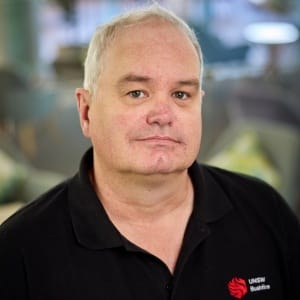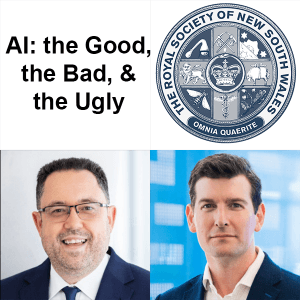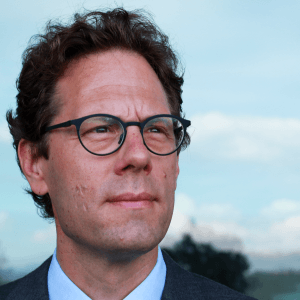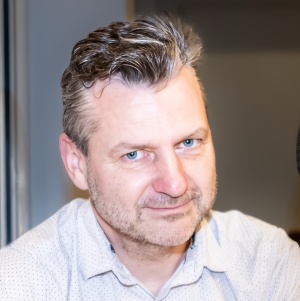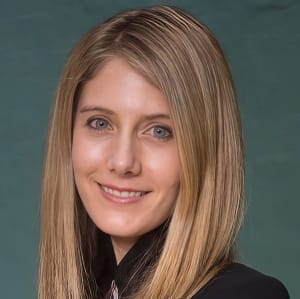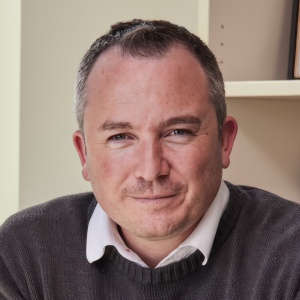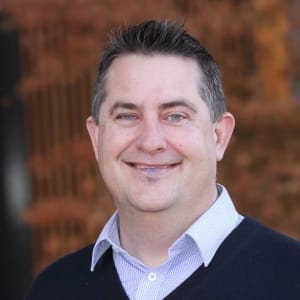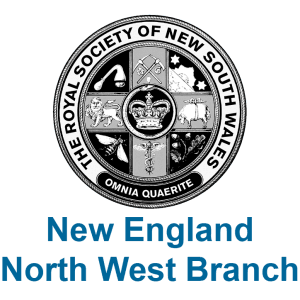
 “Women in STEM”
“Women in STEM”
Date: Monday, 25 November 2024, 5.30—7.00 pm (AEDT)
Venue: NOVA, 122 Faulkner Street, Armidale NSW 2350 and live streaming by Zoom
Video presentation: YouTube video
All are welcome
Meeting format: The NENW Branch will be officially launched by Dr Susan Pond, President of the Royal Society of NSW, with a special video message from Her Excellency, the Honourable Margaret Beazley AC KC, Governor of NSW.
The inaugural meeting will feature Keynote Presentations by Dr Amy Moss and Dr Marissa Betts, who will share their personal journeys, challenges, and triumphs as women in STEM. Their stories will highlight the critical need for diversity in STEM fields and inspire future generations.
Following the keynotes, Professor Vicki Bitsika will facilitate a panel discussion with the keynote speakers, joined by Kate Armstrong-Smith, Jena Glover, and Dr Rebecca Williams. The panel will explore themes of gender equity, representation, and innovation, offering diverse perspectives and actionable insights.
 “Insights from my journey thus far as a woman in STEM”
“Insights from my journey thus far as a woman in STEM”
Dr Amy Moss
ARC DECRA Fellow
School of Environment and Rural Science, UNE
Dr Amy Moss is a Senior Lecturer and postdoctoral research fellow in poultry nutrition at the University of New England. Her research focuses on sustainable and efficient poultry production, including an innovative project funded by an ARC DECRA on implementing food waste diets for poultry. This work not only reduces the environmental impact of poultry farming but also keeps costs manageable for consumers. Dr Moss’s dedication to mentoring young scientists and her groundbreaking research earned her recognition as a NSW Young Tall Poppy.
 “Diversity, access, and inclusion in Earth science”
“Diversity, access, and inclusion in Earth science”
Dr Marissa Betts
Senior Lecturer and ARC DECRA Fellow
School of Environment and Rural Science, UNE
Dr Marissa Betts is a Senior Lecturer in Earth Science, specialising in geology and invertebrate palaeontology, with a focus on some of the earliest complex skeletons in the fossil record. Her research primarily investigates the early Cambrian period (approximately 538–509 million years ago) in regions such as South Australia, Antarctica, China, Mongolia, and Canada. Recently, her work has extended to the middle Cambrian of Queensland and the Cretaceous periods in northwest New South Wales and western Queensland. Marissa works both in the ‘nuts and bolts’ of palaeontology—identifying, describing, and interpreting fossils—and their broader applications to geological questions. Her research aids in dating and correlating rock formations globally, interpreting past environments, reconstructing ancient continental plates, and refining the geological timescale. She is passionate about how studying rocks at microscopic levels can reveal expansive narratives about Earth’s ancient past. Marissa has been recognised as a Superstar of STEM, NSW Young Tall Poppy, A.H. Voisey Medalist, and Walter Howchin Medalist, and is an ARC-funded researcher (DECRA22). She is also committed to advocating for women and girls who aspire to a career in STEM, particularly in the Earth sciences.
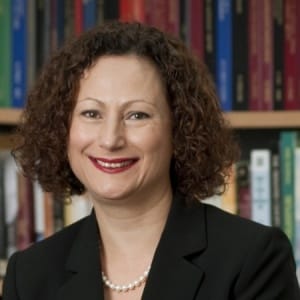
Professor Vicki Bitsika has specialised in the assessment and treatment of challenging behaviour in people with neurodevelopmental disability, mental ill-health, and behavioural disorders for over 30 years. She is a Clinical Psychologist who has consulted in schools and Human Service facilities in Australia and Internationally, with a focus on the development of training services for disability and mental health professionals, and techniques for addressing complex behavioural difficulties. She was the Founder and Director of the Centre for Autism Spectrum Disorder at Bond University from 2010 to 2019, before joining Biomedical Sciences at UNE.
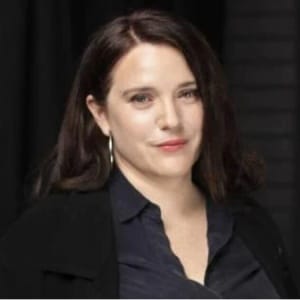
Kate Armstrong-Smith is the Co-Founder and CEO of Othelia, a storytelling research lab that champions human creativity in the age of intelligent technologies. Othelia works with some of the top storytellers and studios globally to model and protect story IP while allowing creatives to harness new intelligent tools. With over 15 years of experience across dynamic content development and media asset management, Kate’s portfolio spans collaborations with ABC, Sydney Festival, TEDxSydney, Belvoir Theatre, and Amazon Studios. A Churchill Fellow and advocate for new audience engagement with new technologies, she remains deeply committed to connecting creators with today’s evolving audiences and advancing storytelling for new generations.
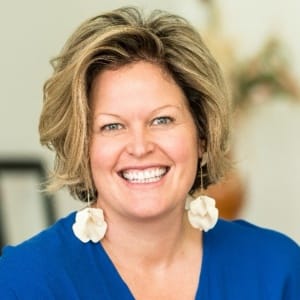
Jena Glover is a highly experienced architect with nearly two decades of expertise in the field, specializing in sustainable and off-grid architecture and building. After earning a Bachelor of Design (Architecture) from the University of Newcastle in 2006, Jena gained valuable experience working on diverse projects across the United States and Australia. Building on this foundation, she completed a Master of Architecture at Griffith University in 2015, honing her skills in design innovation and research. As a registered architect in New South Wales, Jena has become a recognized leader in creating thoughtful, environmentally conscious designs tailored to the unique demands of regional and urban contexts. For the past 15 years, Jena has contributed to international and local projects, including residential and commercial developments, before founding Epic Architecture in 2019. Based in Armidale, NSW, Epic Architecture has become a regional hub for sustainable and off-grid design, with projects spanning across the state. The practice is dedicated to providing innovative residential architecture solutions that blend modern design principles with practical sustainability. By focusing on energy efficiency, renewable resources, and community engagement, Epic Architecture exemplifies how architecture can enhance both the built environment and its natural surroundings.
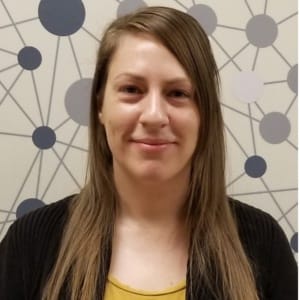
Dr Rebecca Williams is a Lecturer in Neuroscience at The University of New England. Her research uses magnetic research imaging (MRI) to understand brain changes due to ageing and disease. She completed her Ph.D. at The University of Queensland and completed her Postdoctoral Research Fellowship at the University of Calgary, Canada. Prior to joining UNE, she was a Lecturer in Psychology at Charles Darwin University.
| Royal Society of NSW New England North West Branch | |
| Date: | Monday, 25 November 2024, 05:30 PM |
| Venue: | NOVA, 122 Faulkner Street, Armidale NSW 2350 and live streaming by Zoom |
| Entry: | No charge |
In Person Event
All are Welcome
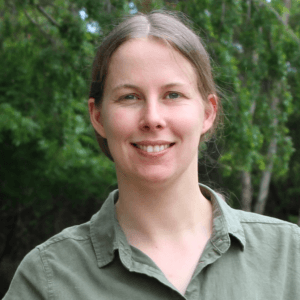 “Insights from my journey thus far as a woman in STEM”
“Insights from my journey thus far as a woman in STEM”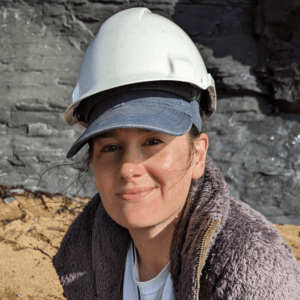 “Diversity, access, and inclusion in Earth science”
“Diversity, access, and inclusion in Earth science”
